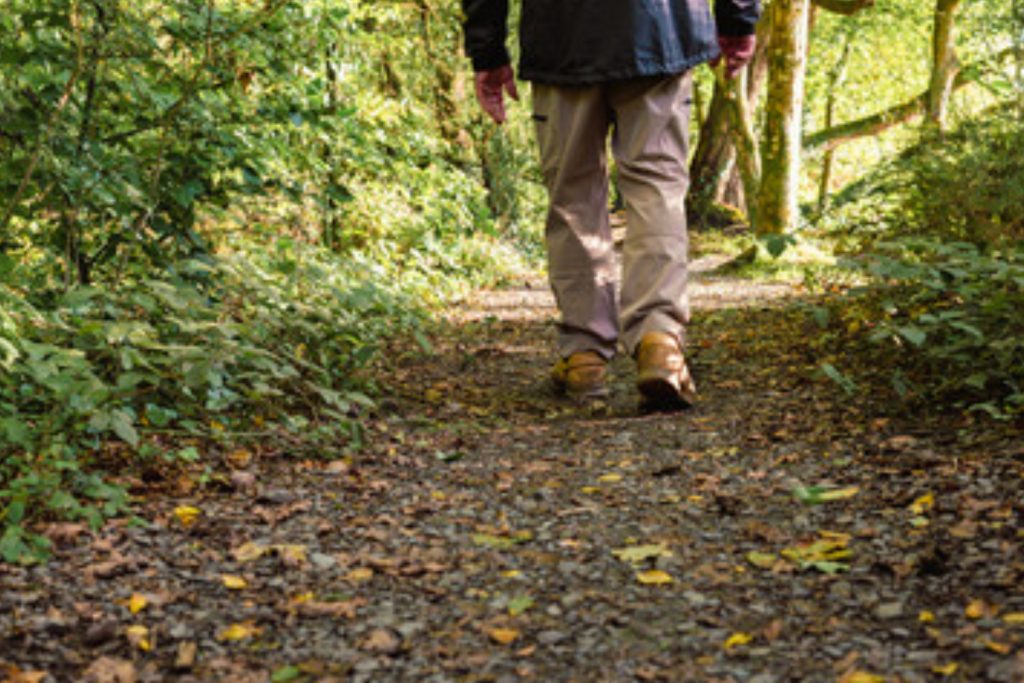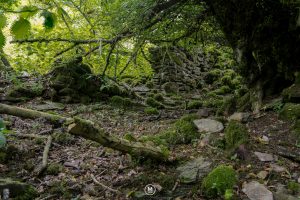
The relationship between humans and nature has been an enduring subject of interest and exploration throughout history. The desire to be within nature, to connect with its rhythms and beauty, is deeply ingrained in the human psyche. However, over time, this innate connection has been increasingly eroded, leading to a sense of separation between humans and the natural world. This separation has had profound implications for both individuals and the planet as a whole.
Throughout the annals of history, humans have sought solace, inspiration, and sustenance from the natural world. Early civilisations revered nature, considering it sacred and intertwined with their own existence. From ancient indigenous cultures to classical civilisations such as the Greeks and Romans, there was a profound recognition of the interconnectedness between humans and the environment. Nature was not merely a backdrop, but a fundamental aspect of human life.
Yet, as societies evolved and industrialisation took hold, a gradual disconnection from nature occurred. The rapid advancements of the Industrial Revolution led to the rise of urbanisation and the prioritisation of human progress over environmental preservation. The exploitation of natural resources became widespread, resulting in deforestation, pollution, and the degradation of ecosystems.
This separation from nature has had profound consequences for both individuals and society. Numerous studies have shown the detrimental effects of urban living and a lack of exposure to green spaces on human well-being. Mental health issues such as anxiety, stress, and depression have been linked to disconnection from natural environments. Moreover, the ecological consequences of this separation are evident in the current environmental crisis, including climate change, biodiversity loss, and the depletion of natural resources.
Recognising the significance of the human-nature relationship, there has been a growing movement towards reconnecting with nature. Environmental conservation initiatives, sustainable practices, and the promotion of green spaces in urban environments have gained traction. The field of ecotherapy, which combines traditional therapy with nature-based activities, has emerged as a powerful tool for healing and reconnecting with the natural world.
In conclusion, the history of struggles between the human desire to be within nature and the separation of humans from nature highlights the profound importance of restoring and nurturing the connection between humans and the natural world. As we move forward, it is crucial to recognise the value of nature in our lives and work towards a harmonious coexistence that benefits both humanity and the planet.




